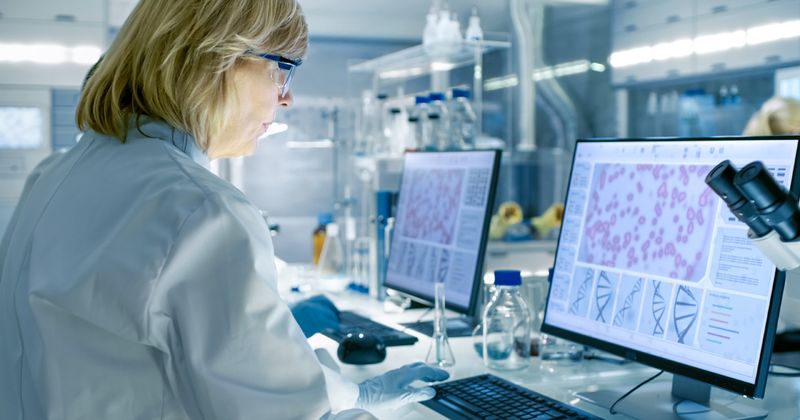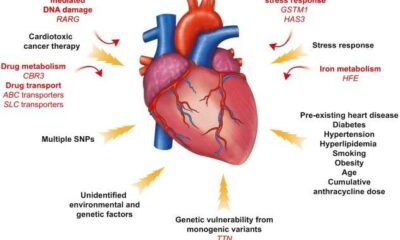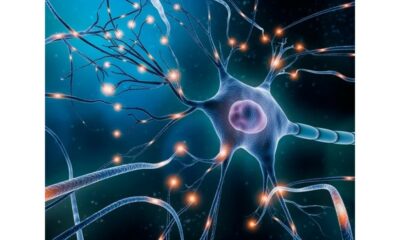Certain genetic mutations have been linked to treatment-resistant breast cancer in young women, according to a Sanford Burnham Prebys-led study. Older women’s treatment-resistant breast cancer is not linked to these mutations. The findings, which were published in the journal Science Advances, suggest a novel method for classifying breast cancer and may contribute to the improvement of precision medicine.
One of the most prevalent types of breast cancer, ER+/HER2-type cancer, was the primary focus of the research. Hormonal therapies are typically used to treat it, but not all patients respond to them. About 20% of tumors are resistant to treatment right away, and up to 40% become resistant over time.
“Understanding how certain forms of breast cancer develop in a way that makes them eventually resist therapy can help us better classify the disease. It may also help clinicians adjust the treatment plans for patients who will likely experience resistance to standard treatments,” says Haricharan. “For scientists like myself, it can help guide research to develop new therapies to overcome these obstacles.”
An extensive look at a large database of breast cancer patients was part of the study. It showed that certain gene mutations were associated with treatment response in ER+/HER2-breast cancer patients, and the effects varied according to age. Breast cancer that was resistant to treatment was only linked to some gene mutations in younger women.
“This was a strange finding, so much so that we almost didn’t believe it at first,” says Haricharan. “But the same patterns emerged over and over again in database after database.”
The researchers found mutations in genes that are necessary for cell replication, which is the process by which cells divide and grow. These genes are in charge of correcting errors when they occur, a process that goes wrong in almost all cancers.
“Cell cycle dysregulation occurs so early in the development of cancer that we generally don’t consider whether the individual mutations that cause cell cycle dysregulation can affect cancer’s eventual response to treatment or its ability to spread,” says Haricharan.
The team proposes a completely new way of thinking about and studying all types of cancer by connecting the specific type of cell cycle dysregulation that causes cancer to the disease’s outcome many years after diagnosis.
“This is a radical shift in how we look at cancer, which could have implications well beyond breast cancer,” adds Haricharan.
The researchers looked at how cell cycle mutations affected patient outcomes in other types of cancer to begin testing this idea. In a final twist, they discovered that the mode of cell cycle dysregulation is important for many types of cancer, but less so for cancer in men than for cancer in women. This suggests that sex and age may also play a role in the impact of cell cycle dysregulation.
“These findings emphasize why it is important to study cancer in the context of the life history of the patient,” adds Haricharan. “Too often, cancer research is focused narrowly on cells in a petri dish, forgetting the whole, complex host system in which these cells transform and grow.”

 Diabetology2 weeks ago
Diabetology2 weeks ago
 Diabetology2 weeks ago
Diabetology2 weeks ago
 Diabetology1 week ago
Diabetology1 week ago
 Diabetology3 days ago
Diabetology3 days ago














